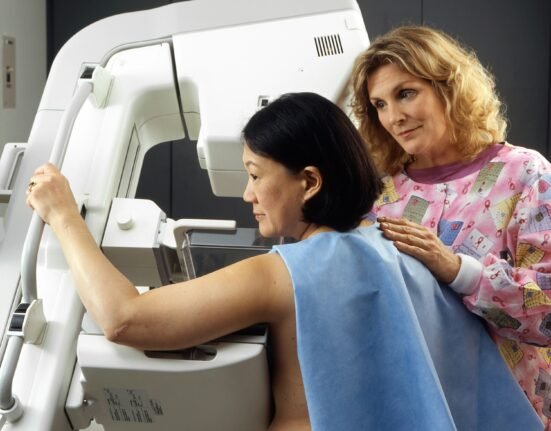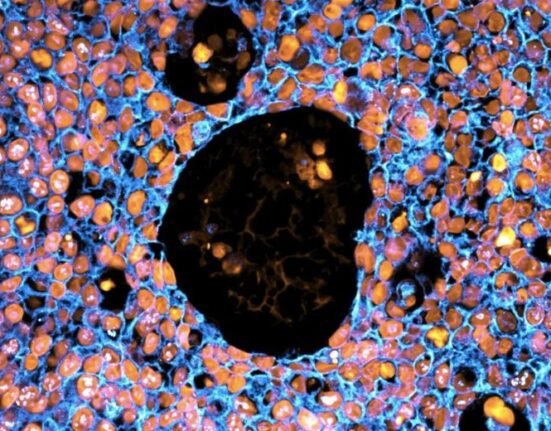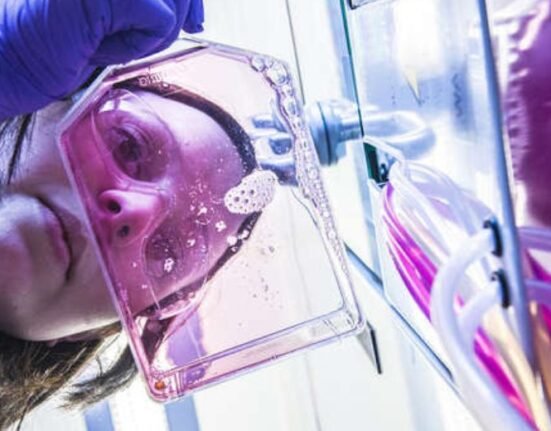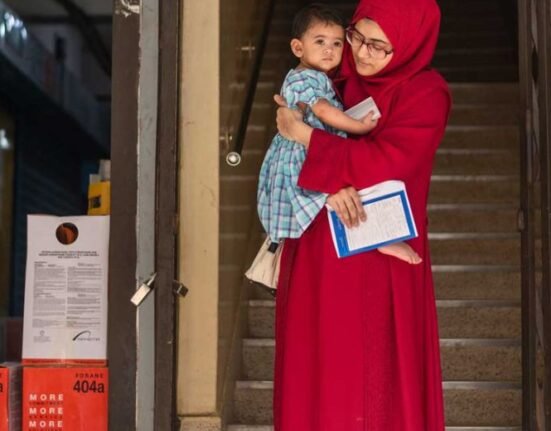HQ Team
August 5, 2025: The Gates Foundation will support more than 40 innovations in five chronically underfunded areas in women’s health by spending $2.5 billion over the next five years.
Research and development in women’s health remain chronically underfunded, particularly in low- and middle-income countries, according to a statement from the Gates Foundation.
Areas such as gynaecological and menstrual health, obstetric care, contraceptive innovation, sexually transmitted infections solutions (including HIV PrEP for women), and maternal health and nutrition receive limited investment, the Foundation stated.
“This is the largest investment we’ve ever made in women’s health research and development, but it still falls far short of what is needed in a neglected and underfunded area of huge human need and opportunity,” said Dr Anita Zaidi, president of the Gates Foundation’s Gender Equality Division.
According to a 2021 analysis led by McKinsey & Company, just one per cent of healthcare research and innovation is invested in female-specific conditions beyond oncology.
Critical issues
In May, billionaire Bill Gates announced he will donate more than $200 billion over the next two decades to prevent newborn child and maternal deaths, combat infectious diseases, Alzheimer’s, and close down the Gates Foundation on December 31, 2045. The $2.5 billion investment is about one-third more than the Foundation spent on women’s and maternal health research and development over the last five years.
Critical issues like preeclampsia, gestational diabetes, heavy menstrual bleeding, endometriosis, and menopause, which together affect hundreds of millions of women, remain deeply under-researched.
To close persistent gaps in funding and research, the foundation is urging governments, philanthropists, investors, and the private sector to co-invest in women’s health innovations, help shape product development, and ensure access to treatments for the women and girls who need them most.
“Investing in women’s health has a lasting impact across generations. It leads to healthier families, stronger economies, and a more just world,” said Bill Gates, chair of the Gates Foundation.
“Yet women’s health continues to be ignored, underfunded, and sidelined. Too many women still die from preventable causes or live in poor health. That must change. But we can’t do it alone.”
Innovation across five areas
The Foundation will invest in innovation across five areas — obstetric care and maternal immunisation to make pregnancy and delivery safer, and maternal health and nutrition to support healthier pregnancies and newborns.
In gynaecological and menstrual health, the Foundation will help develop tools and research for easier diagnoses, treatment, and improvement of gynaecological health, as well as reducing the risk of infection.
It will offer innovative solutions for accessible, acceptable, and effective options for contraception and improving diagnosis and treatment to reduce disproportionate burdens of sexually transmitted diseases in women.
“Women’s health is not just a philanthropic cause—it’s an investable opportunity with immense potential for scientific breakthroughs that could help millions of women. What’s needed is the will to pursue and follow through,” Dr Zaidi said.
“For too long, women have suffered from health conditions that are misunderstood, misdiagnosed, or ignored. We want this investment to spark a new era of women-centred innovation—one where women’s lives, bodies, and voices are prioritised in health R&D.”
Non-hormonal contraception
The five priority areas were selected based on a combination of data and evidence about where innovation can save and improve the most lives, direct insights from women in low- and middle-income countries about their needs and preferences, and the persistently high rates of misdiagnosis caused by gaps in medical knowledge and training.
Areas of breakthrough potential include research into the vaginal microbiome, first-in-class therapeutics for preeclampsia, and non-hormonal contraception.
“This commitment brings much-needed attention to the health challenges women face in places where resources are most limited and the burden is highest. It reflects a recognition that women’s lives—and the innovations that support them—must be prioritised everywhere,” said Dr Bosede Afolabi, professor of obstetrics and gynaecology at the College of Medicine, University of Lagos.








